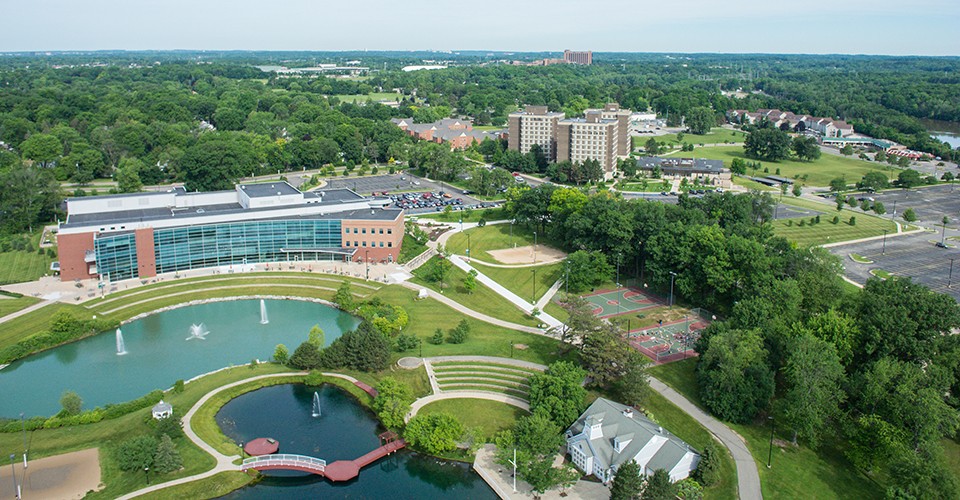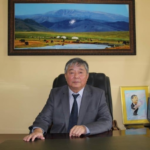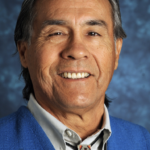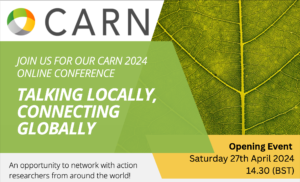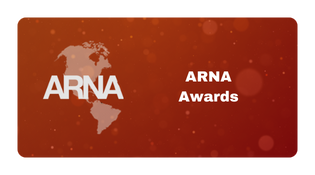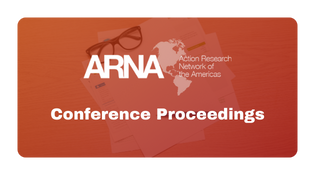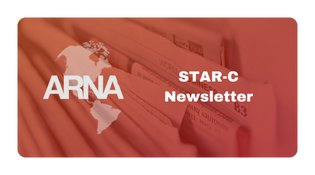Dr. Juland Salayo
University of the Philippines
My journey with research began 8 years ago, right after I completed my master's degree in Educational Management from one of the top state universities in the Philippines. At that time, my interest was primarily in quantitative research, a preference shaped by the Prevalent research orientation in the country. However, when I transitioned to the public basic school system, I was introduced to a new approach- action research (AR). The government, recognizing the importance of AR, invested significantly in research training, considering it a form of motivation for teachers. This was evident in our promotion, faculty awards, and professional development programs. After spending three years in the public school system, I moved to the tertiary level and was appointed as the Coordinator of the Research Department. One of my key responsibilities was to promote AR among the faculty, particularly in the basic education department. However, I encountered resistance, with many teachers needing to appreciate the significance of AR due to the nature of the university. Last year, I joined the national/premier state university of the Philippines, furthering my involvement in AR. Before this, I had been conducting trainings, seminars, and workshops on AR for basic school teachers nationwide. I was also frequently invited to assess and evaluate AR written by both teachers and parents. However, despite my extensive experience, I found myself unable to influence the direction of AR due to the differing views on its goals, even within the education agency. One of the critical issues I observed was the overreliance on experimental research as the sole method of conducting AR. While experimental research can be a valuable component of AR, it should not be the only approach. Additionally, the institutional orientation towards quantitative research meant that the authentic needs of the study's identified problems were often overlooked. Furthermore, many issues, such as national and international reading assessments, teacher salaries, and perceptions of scholastic practices, were too complex to be addressed through AR alone. Despite these challenges, I remain committed to addressing the misalignments and malpractices of AR in basic education, a task that has its challenges. Despite the numerous limitations and challenges, I am motivated to continue my work on AR in the Philippines. As a government teacher, I often feel helpless due to needing more resources and budget. These scarcities pose significant barriers to strengthening AR in the country. However, these challenges fuel my determination to push forward and make a difference in AR.


